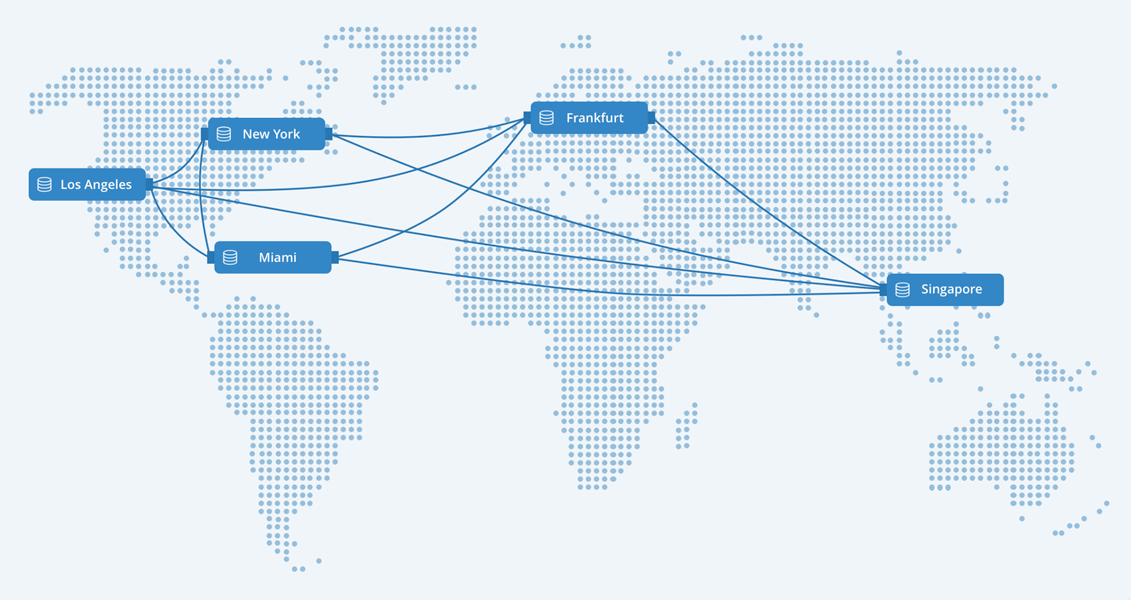DIDWW continues to grow their global private backbone with the addition of 3 strategically placed points of presence in Los Angeles, Miami and Singapore. These POPs serve the growing voice traffic demands from the West Coast of the USA, Central and South America and the Asia-Pacific regions. “We are constantly expanding our network to exceed the stringent demands of our global customer base,” said Lina Zaboras, the CEO of DIDWW. “This is an ongoing process and is in line with our vision and commitment of providing the highest quality and lowest latency telephony for mission-critical services.” “The recent infrastructure upgrade was designed to support the DIDWW’s core wholesale origination traffic, and also the company’s newly added outbound SIP Trunk for local dialing,” stated Yuri Krichevsky, the CTO of DIDWW. ” In addition, the deployment of DIDWW’s cloud-enabled services such as phone.systems and the call.center platforms has required additional private and secure…
The term net neutrality, which pops up in Internet debate every few years, is the belief that all data on the Internet should be treated the same way by the Internet service providers (ISPs) and governments that regulate most of the Internet. The term suggests that there should be no discrimination and prices should not depend on user, content, website, platform, or application. There is always an uproar about the subject every time the Federal Communications Commission (FCC) submits a new rule on the topic, but then the matter quickly fades away. This ongoing cycle has resulted in tired businesses and consumers that have become insensitive towards the issue. However, they must not forget that most businesses now rely on the Internet for various workflows, and therefore any changes in the rules of net neutrality can significantly affect the VoIP industry and way companies function, particularly VoIP providers, since they…
A new study led by Juniper Research predicts that over the next five years, Over-the-top (OTT) voice service providers will increase their profits by five times, reaching over $10 billion by 2020. The research ‘Future Voice Strategies: mVoIP, Carrier OTT, WebRTC, HD Voice & Video Calling 2015-2020’ argues that as 4G network rollouts accelerate, OTT voice providers such as Skype and WhatsApp will significantly increase its traffic and revenue potential, thus enabling them to offer high-quality VoIP (Voice over Internet Protocol) calls. The study points out that since most VoIP services are offered as a free or low-cost service, most OTT operators generate little profit. Subsequently, they need to focus on developing new revenue streams, by offering other value added services such as in-app purchases or social networking platforms. According to the research, as a result of OTT voice activity, traditional voice service operators will see their profits decline drastically.…






